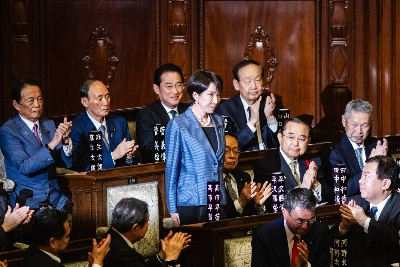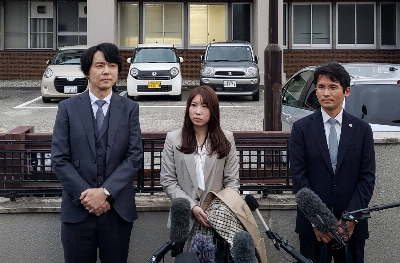BUDAPEST — It's a well-worn contrast: the United States is religious, Europe is secular. Yet, in some respects, this cliched opposition has actually been reversed recently: Religion played virtually no role during the last American presidential election, while in a range of different European countries major controversies about religion have flared up, suggesting that questions of faith are back at the center of European politics.
Consider French President Nicolas Sarkozy. On numerous occasions, he has argued that his country needs to rethink its traditional strict separation of state and religion. In particular, according to the twice-divorced self-confessed "cultural Catholic," France should develop a "positive secularism." In contrast to a negative separation, which according to Sarkozy "excludes and denounces," a positive separation invites "dialogue" and recognizes the social benefits of religion.
In a much criticized speech in Rome at the end of 2007, Sarkozy acknowledged the Christian roots of France, "the eldest daughter of the Church"; he also praised Islam during a visit to Saudi Arabia. Now he wants state subsidies for faith-based organizations — a policy proposal that upsets his many secularist critics.


















With your current subscription plan you can comment on stories. However, before writing your first comment, please create a display name in the Profile section of your subscriber account page.